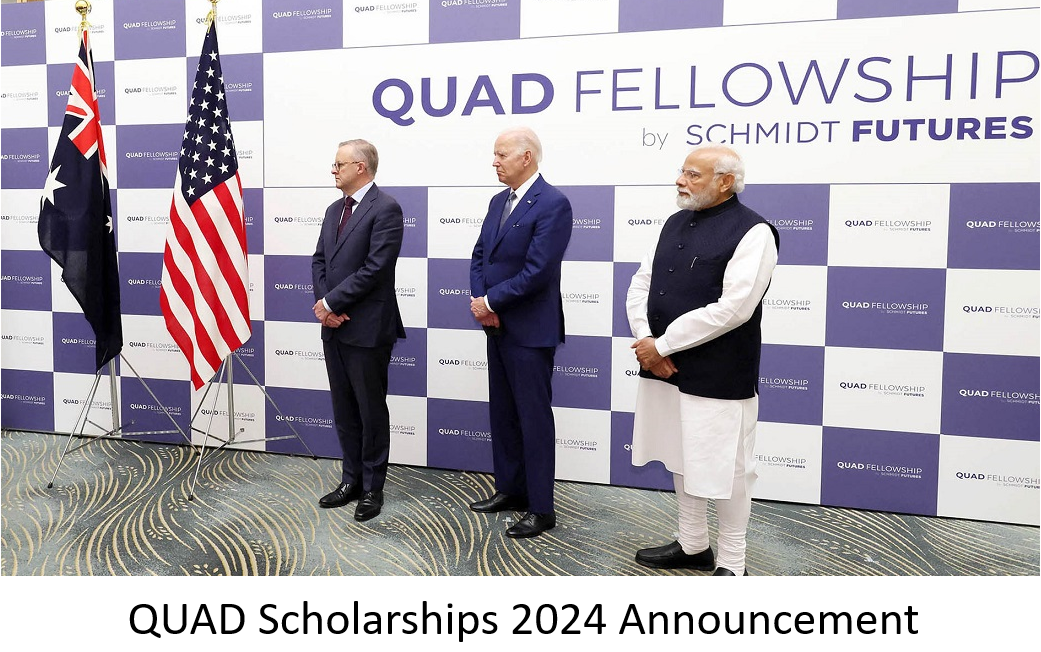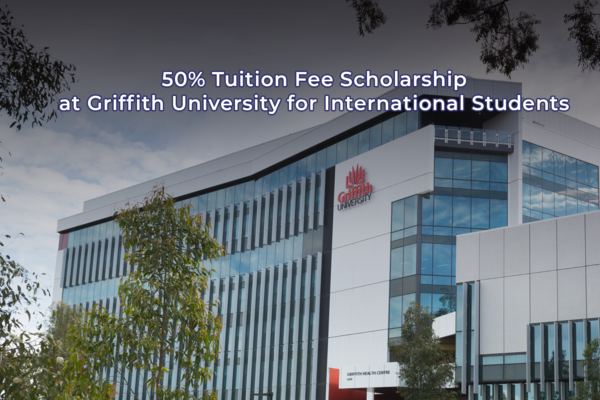The allure of faster visa processing, unrestricted work hours, and abundant opportunities has significantly increased Indian students interest in studying abroad, creating more space for colleges to grow by attracting international students. Many are pursuing international education, equipped with substantial loans, drawn by the promise of quality education, career prospects, high salaries, and a better lifestyle. Besides traditional choices like the US, Canada, Australia, and the UK, destinations like New Zealand, China, Singapore, Latin America, and East Europe are also gaining popularity. The perception is that a degree from a foreign university paves the way for lucrative positions in multinational companies.

Impressive growth in international student numbers
Remarkably, the number of Indian students in the US escalated by 35% in the academic year 2022-23, reaching 2.69 lakh and contributing to a total of 10 lakh Indian students in the US. This figure represents one-fourth of all foreign students in the US. In Australia, Indian students have become the largest group applying for student visas, with nearly 44,000 visas issued last year, surpassing China. Factors like expedited visa processing and liberal work policies have played a significant role in this trend.
Education loans and financial trends
The Reserve Bank of India reported a 17% increase in education loans year-on-year in 2022-23, totaling Rs 96,847 crore. This growth follows a static 2021-22 and a decline during the pandemic. The surge in demand for substantial loans and banks’ readiness to provide both collateral and non-collateral loans have been influential. However, there is a concern about potential high loan delinquencies if the global job market does not improve.
Challenges in India’s higher education system
Political interference in India’s educational sector, especially in the appointment of directors in IIMs against faculty wishes, hampers the space for colleges to grow and achieve high international rankings. This situation, coupled with the lack of globally ranked private universities, often leads to compromised academic excellence. Consequently, many students seek education abroad, leaving Indian colleges, particularly in graduate programs, with vacancies. To counter this trend and retain talent, India needs to establish world-class institutions, ensuring academic freedom and institutional autonomy, and thereby conserving foreign exchange.






